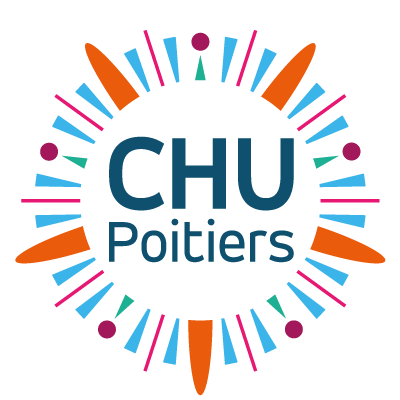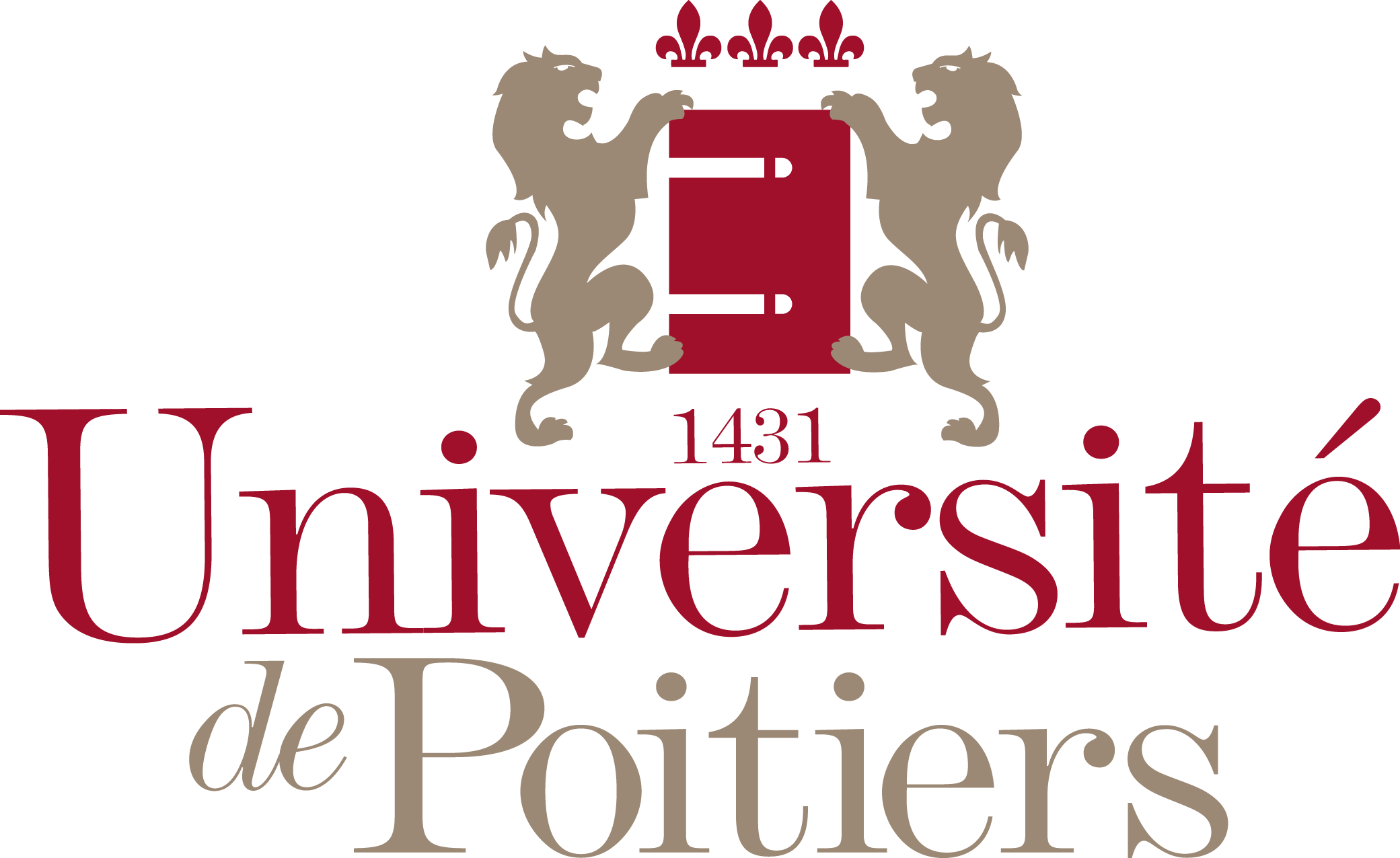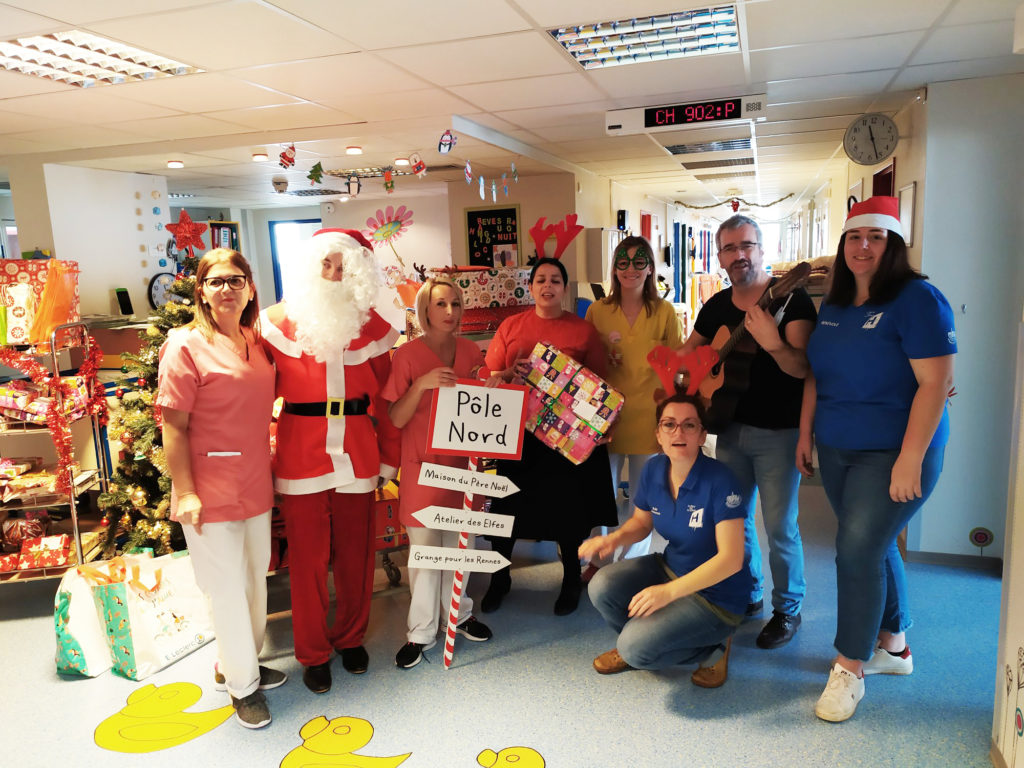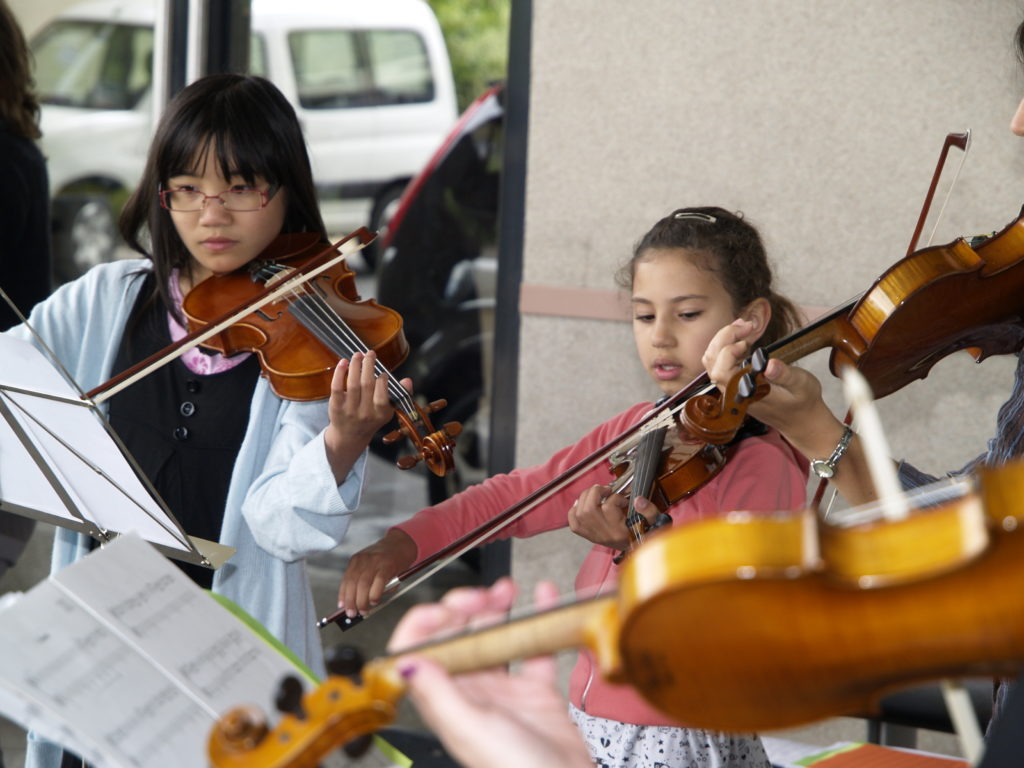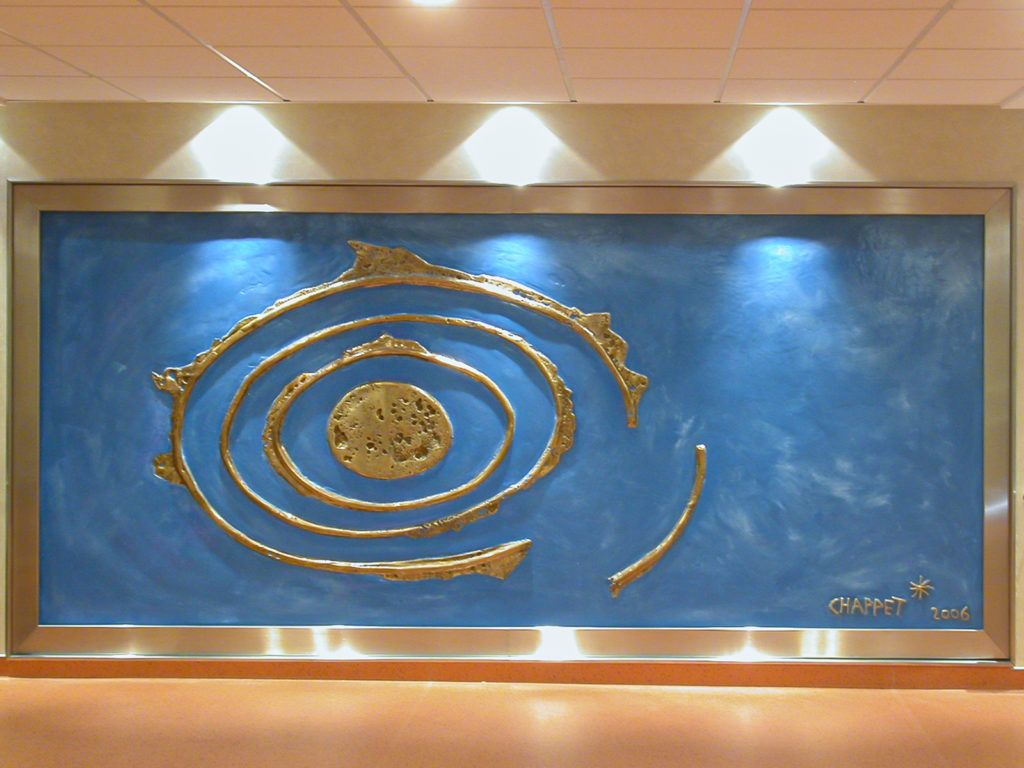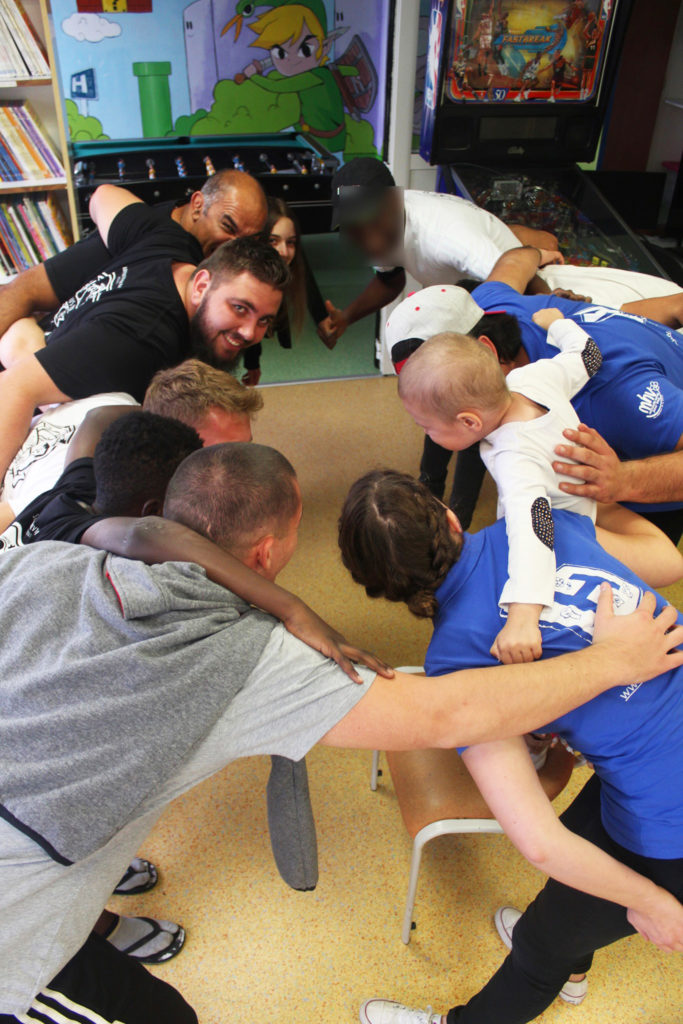Missions


More than 1900 beds
5 hospital sites :
Poitiers-Milétrie, Châtellerault, Loudun, Lusignan and Montmorillon
Poitiers University Hospital, a local healthcare provider
Poitiers University Hospital provides the necessary local healthcare for the inhabitants of Poitiers, Châtellerault, Loudun, Lusignan and Montmorillon, and for their agglomerations.
A complete chain of care is provided in medicine, surgery and obstetrics in the department of La Vienne.
Poitiers University hospital, a regional healthcare provider and center of expertise
Poitiers University Hospital also has a more widespread regional mission benefiting the 436 000 inhabitants of the Vienne department and a regional population of 1.8 million in Poitou Charentes particularly in cardiology, oncology, geriatrics, neurosurgery, pediatrics, medical biology and medical imaging.
Interregional projects are also in place concerning these main activities in partnership with other University Hospitals in the “great west” region of France.
The 2019-2023 institutional project highlights the hospital’s committal to excellence through the existence of clinical centres with the potential to respond to public health issues, therapeutic innovation, fundamental and clinical research.
Public and private partnership
Poitiers University Hospital is a public healthcare facility opened towards the city. Since 2015, it collaborates with city doctors, especially liberal radiologists, through an Economic Interest Grouping within the cancerology pole.
This pole benefits from a 64 barette scanner and from a 1,5 Tesla MRI scan, inside a technical platform that also has a radiation simulation scanner and two PET scanners (GIE Position Poitou-Charentes).
With this fast and safe treatment offer, Poitiers University Hospital answers a proximity mission, regional referral mission and a mission of research and healthcare.
Key dates
Faculty of Medicine and Pharmacy
Schools and institutes

The committee of biomedical research in public health was established in 2005 and is composed of the University Hospital, the faculty of medicine and pharmacy of Poitiers University and a member of the National Institute of Health and Medical Research (INSERM) who define the priorities in the development of research.
INSERM approved research units on the 1st of January 2012
Poitiers University Hospital is a pivotal centre of several territories. The latter are complementary and each of them represents an area of cooperation. All of these actions are essential to creating a multi territorial web of healthcare and establishing the CHU as both a local and regional centre of reference.
Le centre hospitalier universitaire est un acteur de santé publique à trois niveaux.
Éducation du patient

Consultations médicales anti-tabac
Consultations paramédicales pour les patients diabétiques et asthmatiques
Actions d'éducation pour la santé
Consultations pluridisciplinaires pour la prévention des chutes
Depuis 1993, le CHU de Poitiers organise et anime un "pôle info-santé", point de rencontre avec les professionnels de santé ouvert au public, en partenariat avec l'Espace Mendès-France, centre de culture scientifique de Poitiers. Chaque année, un millier de personnes assistent à ces soirées-débats.
Villa Santé
En novembre 2018, le CHU de Poitiers a inauguré sa Villa Santé, structure dédiée à la promotion de la santé regroupant en un lieu identifié les actions en santé publique du CHU.

Répondre aux besoins de santé de la population et faire face à la croissance des maladies chroniques

Réduire les inégalités en santé en créant un nouveau mode d'organisation et d'intervention

Produire des données probantes et affermir la recherche dans le domaine de la promotion de la santé

Valoriser les actions en santé publique menées au CHU en les regroupant en un lieu identifié
Prévention
Le CHU participe à des réseaux sanitaires et sociaux tels que le réseau gérontologique ville-hôpital ainsi qu'à des actions de lutte contre l'exclusion sociale.
Il propose également un réseau d'aide aux insuffisants cardiaques (Apic).

Depuis 1998, le CHU a mis en place un dispositif de prise en charge médico-sociale des personnes en situation de précarité et d'exclusion : la permanence d'accès aux soins de santé (PASS).
Initiative de l'association Médecins du monde, cette structure fonctionne grâce à ses partenaires réunis par convention : le CCAS, le CHU, le CHL et l'association Toit du monde. A ces organismes s'ajoutent le centre social M3Q et Médecins du monde.
Pour en savoir plus, rendez-vous sur la page dédiée.
Le Centre hospitalier universitaire de Poitiers mène depuis plusieurs années une politique culturelle multiforme :
- Création d’œuvres sculpturales comme "L'onde d'un galet dans l'eau" de Patrick Chappet, exposée dans les locaux des services d'urgence ; ou "Différenciel" de Franck et Olivier Turpin, installée dans l'atrium du pôle régional de cancérologie ; ou "Giotto" de Marine Antony, installé dans le hall du centre cardio-vasculaire ;
- Intégration de l'art roman dans les lieux de visite et de consultation de l'établissement ;
- Organisation d'expositions artistiques, concours et expositions photographiques ;
- Présence d'une bibliothèque hospitalière animée par une association ;
- Organisation de spectacles et d'animations au profit des enfants hospitalisés (ludothèque, espace adolescents) avec le soutien de l'association Un Hôpital pour les enfants, ainsi qu'auprès des personnes âgées avec l'intervention d'animateurs professionnels ;
- Organisation d'événementiels, telle que la Fête de la musique chaque année.
